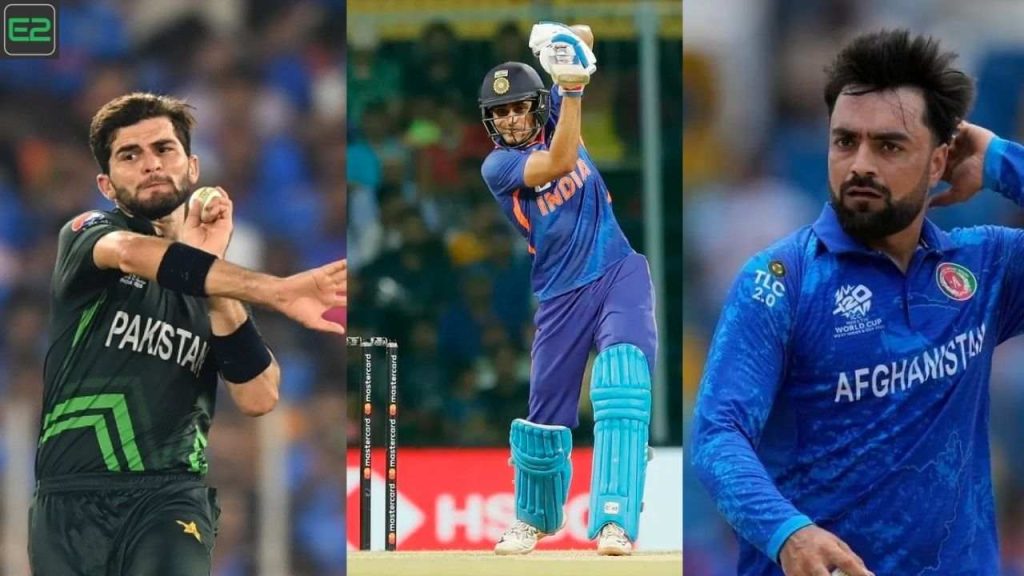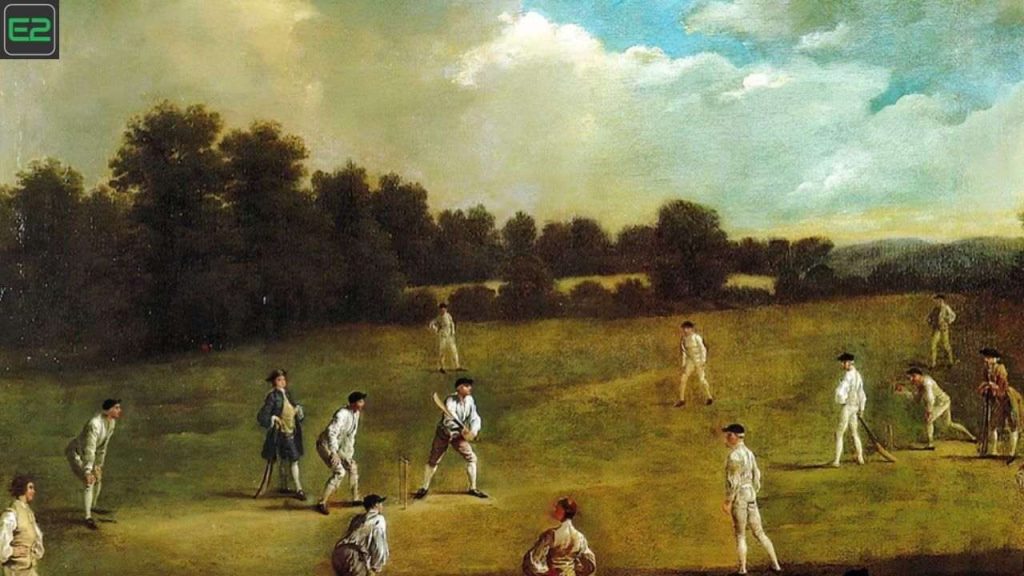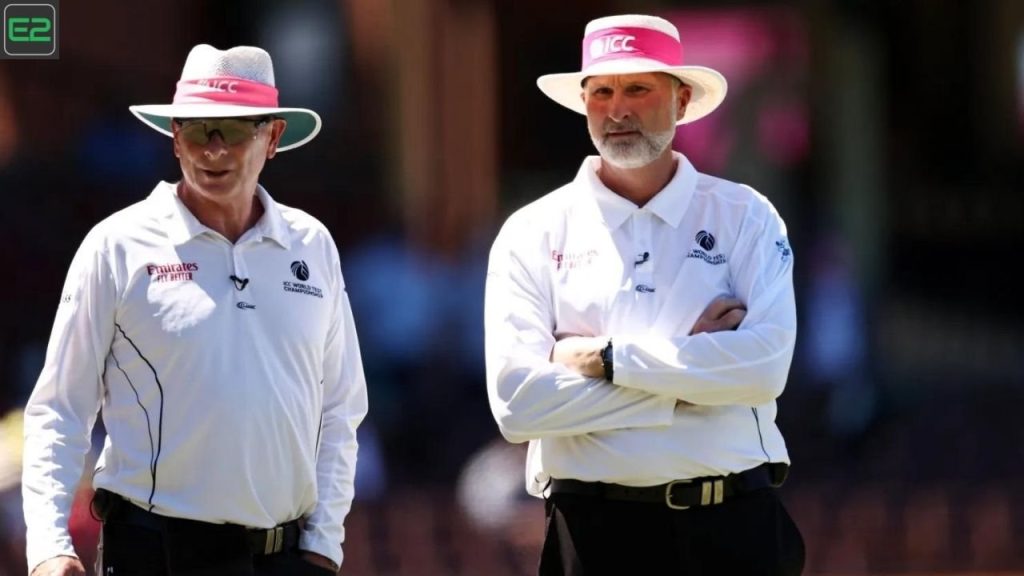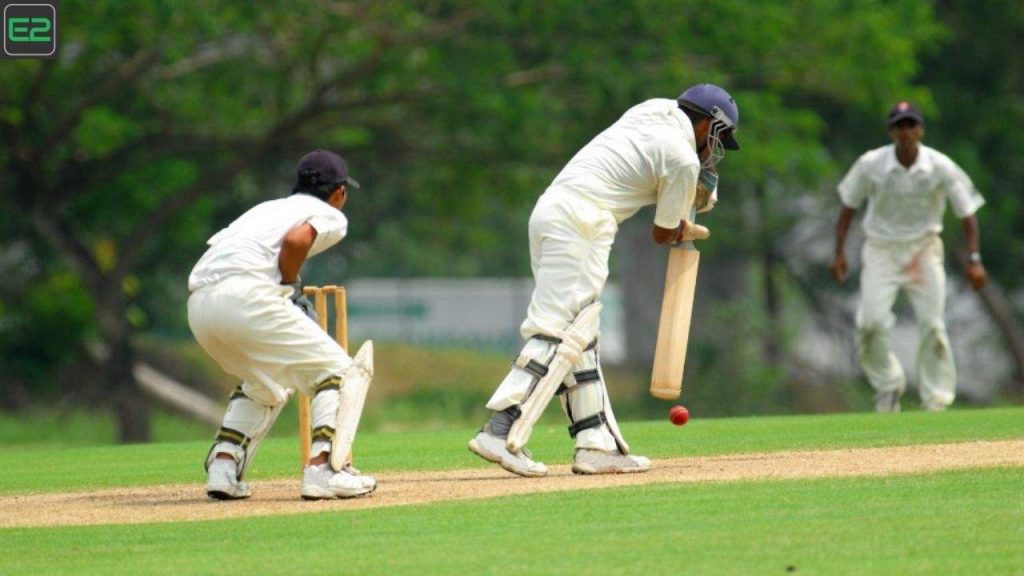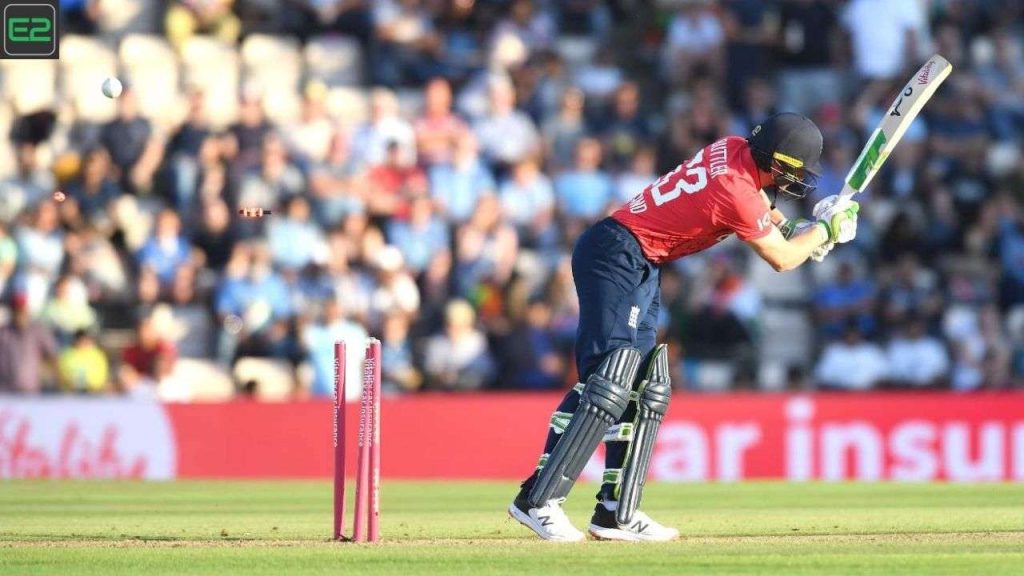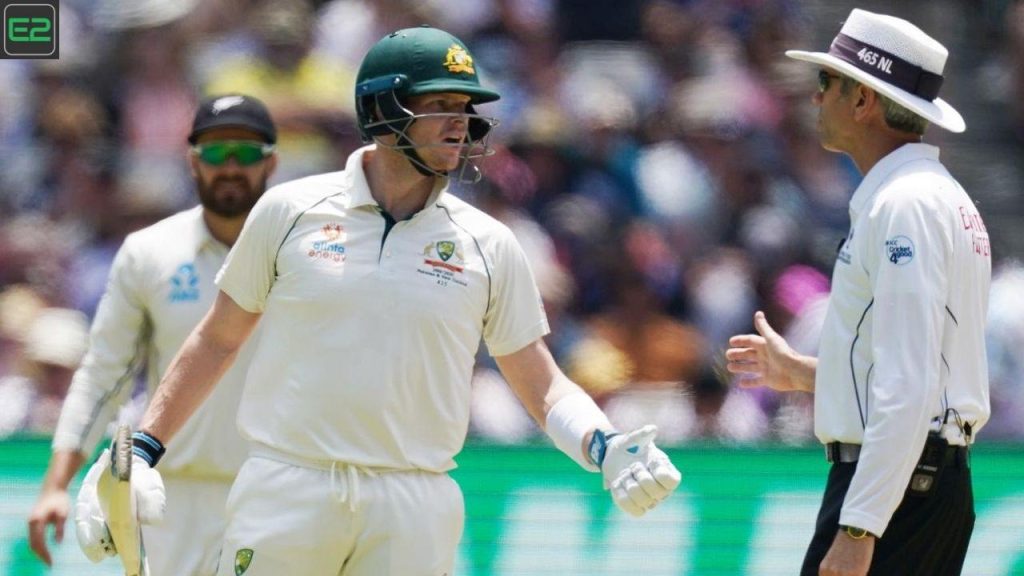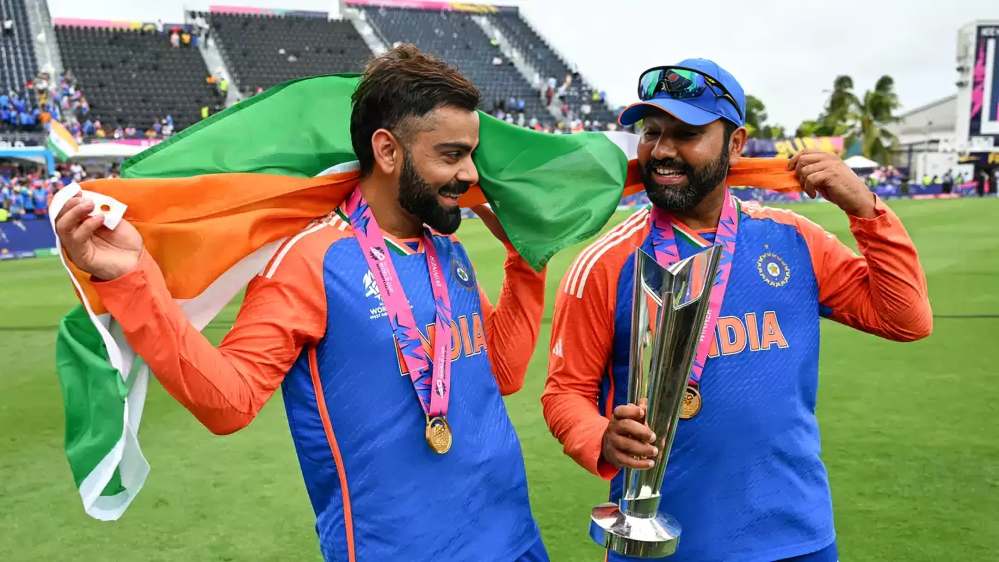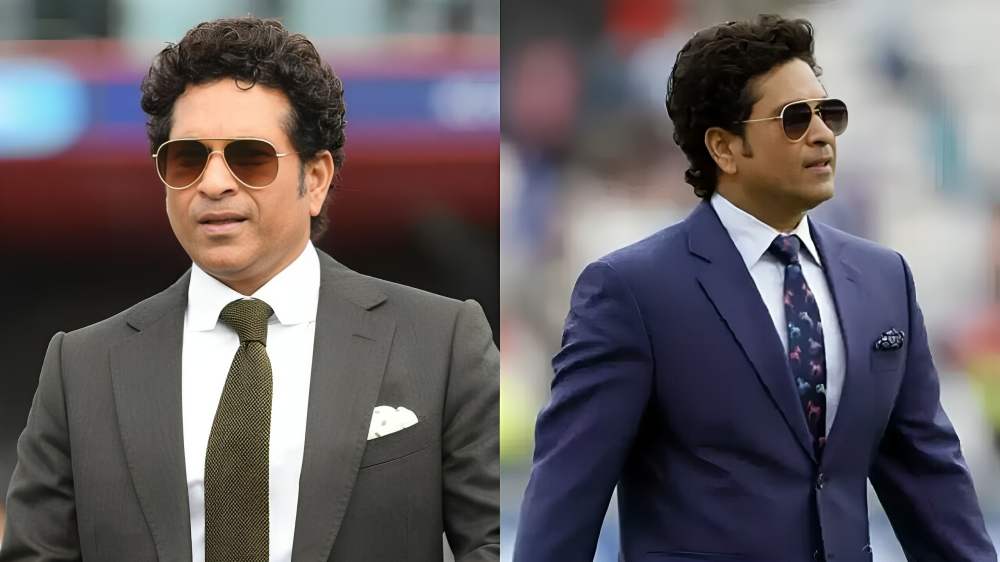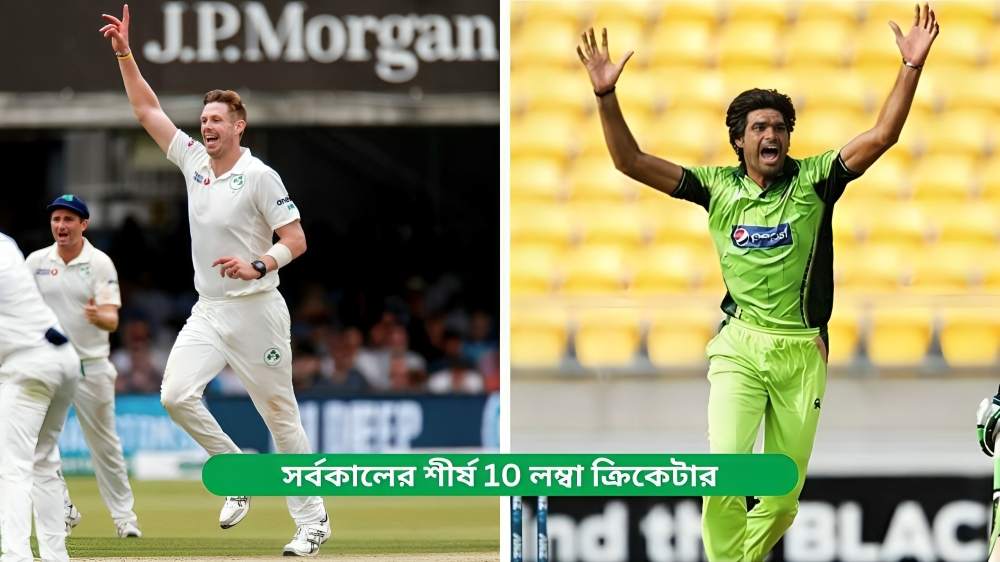Salary Of CPL Players: The Caribbean Premier League (CPL) has become one of the most exciting and widely watched T20 leagues in the world since its inception in 2013. Known for its vibrant atmosphere, thrilling matches, and exceptional talent, the CPL has attracted both local and international players. But one of the most frequently asked questions surrounding the CPL is: What is the salary of CPL players?
Salary Of CPL Players: The salary of CPL players varies depending on a variety of factors such as their reputation, experience, and nationality. While some players can earn lucrative contracts, others may receive more modest compensation based on their roles in the team. This article explores the salary structure of CPL players, the factors influencing these salaries, and provides an in-depth analysis of how much players can earn from the league.
Understanding The CPL Salary Structure
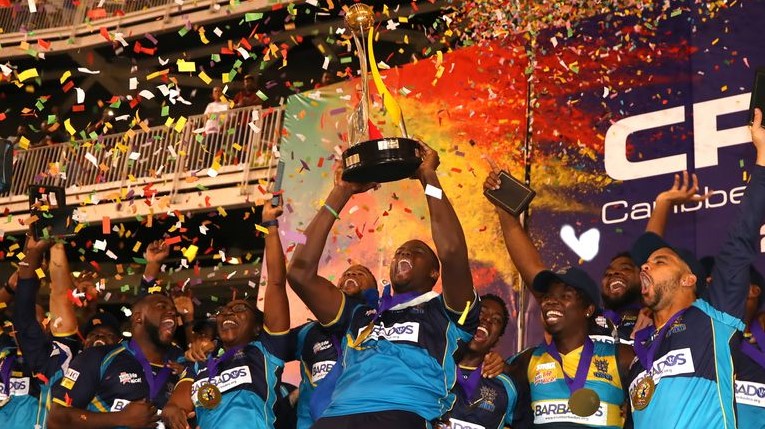
The CPL operates under a franchise-based system, where six teams compete for the title. Each team is allowed to have a mix of local and international players, with salary caps that determine the total amount each team can spend on player contracts. The CPL’s salary structure is designed to maintain a competitive balance, with top-tier players earning higher salaries, while others are paid more modestly based on their contributions.
Salary Of CPL Players: The salary range for players in the CPL can be categorized as follows:
- Top International Players
- Experienced Domestic Players
- Emerging and Uncapped Players
- Developmental Contracts
1. Salary Of CPL Players: Top International Players Salary
Top-tier international cricketers are the highest-paid players in the CPL. These players often have a significant impact on their respective teams, offering both skill and experience. Players like Chris Gayle, Kieron Pollard, Sunil Narine, and Andre Russell are known to earn substantial sums for their participation in the league. These players are often retained by franchises due to their fan following and their ability to change the outcome of a match single-handedly.
The salary of these star players is not fixed, but they typically receive the highest possible earnings allowed by the salary cap. Top international players can earn between $100,000 and $200,000 USD for a season, depending on their reputation and demand.
| Player Name | Nationality | Role | Approximate Salary per Season (USD) |
|---|---|---|---|
| Chris Gayle | West Indies | Batsman | $150,000 – $200,000 |
| Kieron Pollard | West Indies | All-rounder | $120,000 – $180,000 |
| Andre Russell | West Indies | All-rounder | $100,000 – $180,000 |
| Sunil Narine | West Indies | Bowler | $100,000 – $150,000 |
| David Miller | South Africa | Batsman | $90,000 – $130,000 |
These players have a significant impact on the overall value of a franchise due to their fan following, and their salaries reflect their importance in ensuring the team’s success.
2. Experienced Domestic Players Salary
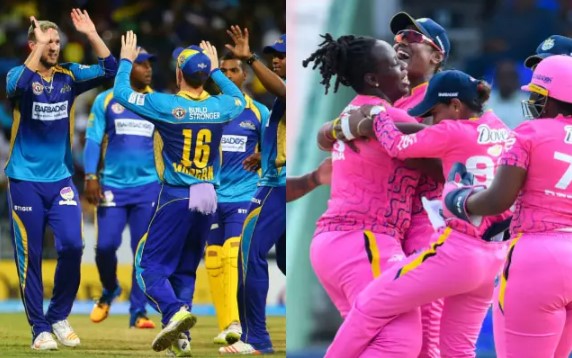
Salary Of CPL Players: Domestic players who have established themselves as key players in the Caribbean region also earn substantial salaries. These players may not command the same salaries as the international superstars but still receive significant compensation. Players like Darren Bravo, Shimron Hetmyer, and Nicholas Pooran fall into this category.
For these players, the salary range is typically between $50,000 and $100,000 USD per season, depending on their past performances, consistency, and ability to contribute to the team’s success.
| Player Name | Nationality | Role | Approximate Salary per Season (USD) |
|---|---|---|---|
| Darren Bravo | West Indies | Batsman | $60,000 – $80,000 |
| Shimron Hetmyer | West Indies | Batsman | $50,000 – $75,000 |
| Nicholas Pooran | West Indies | Wicketkeeper/Batsman | $50,000 – $70,000 |
| Jason Holder | West Indies | All-rounder | $60,000 – $90,000 |
| Roston Chase | West Indies | All-rounder | $50,000 – $70,000 |
These players bring much-needed consistency and reliability to the team and often play vital roles in both batting and bowling, contributing to their higher salaries.
3. Emerging And Uncapped Players Salary
Salary Of CPL Players: Emerging and uncapped players, especially those who are still in the early stages of their careers, receive lower salaries compared to established players. However, these players have the potential to grow and significantly increase their value in the coming years. These contracts are typically for a smaller amount and may range from $10,000 to $40,000 USD per season.
| Player Name | Nationality | Role | Approximate Salary per Season (USD) |
|---|---|---|---|
| Obed McCoy | West Indies | Bowler | $15,000 – $40,000 |
| Fabian Allen | West Indies | All-rounder | $20,000 – $35,000 |
| Akeal Hosein | West Indies | Bowler | $15,000 – $30,000 |
| Joshua Da Silva | West Indies | Wicketkeeper/Batsman | $10,000 – $30,000 |
| Devon Thomas | West Indies | Batsman/Wicketkeeper | $10,000 – $25,000 |
Salary Of CPL Players: These players generally play in a more supporting role, but their presence on the team is crucial for giving them exposure and experience at a high level. Their contracts serve as developmental opportunities to prove themselves and secure higher salaries in future seasons.
4. Developmental Contracts
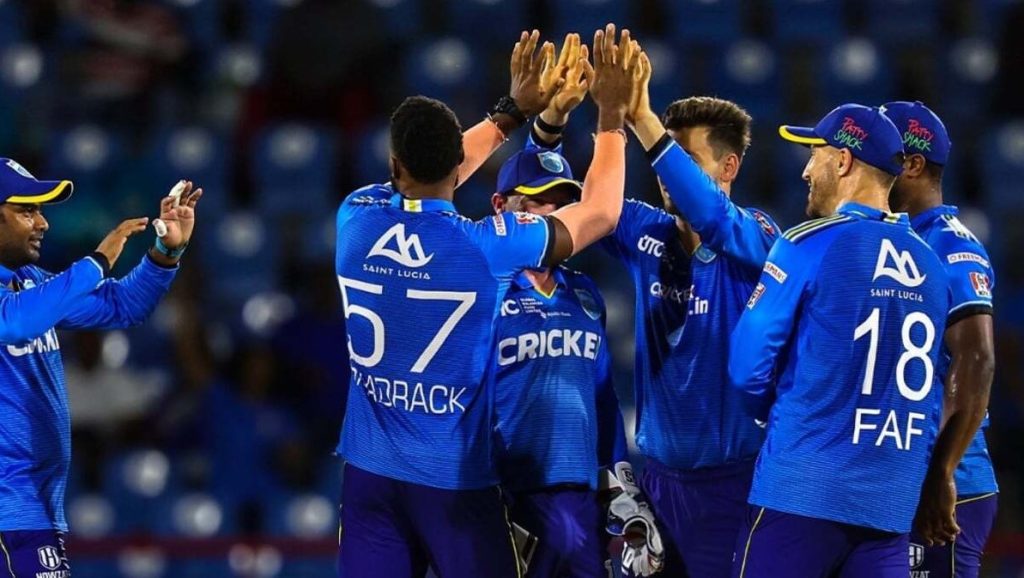
Salary Of CPL Players: Developmental contracts are often offered to young, emerging players who may not have a significant impact in the current season but are considered to have potential for the future. These players often receive lower pay, generally ranging from $5,000 to $15,000 USD. These contracts are designed to give young cricketers an opportunity to develop their skills, gain experience, and break into the senior teams in the future.
| Player Name | Nationality | Role | Approximate Salary per Season (USD) |
|---|---|---|---|
| Nyeem Young | West Indies | Bowler | $5,000 – $12,000 |
| Dominic Drakes | West Indies | All-rounder | $5,000 – $10,000 |
| Amir Jangoo | West Indies | Batsman | $5,000 – $10,000 |
These players typically act as reserves for the team, gaining exposure through training and warm-up matches, but they do not feature in the main squad regularly.
Factors Affecting Player Salaries In CPL
Salary Of CPL Players: Several factors influence the salary that players receive in the CPL, and understanding these factors helps explain the disparities in earnings across different categories of players:
Reputation and Experience: International players with a well-established reputation and experience in high-pressure matches typically command higher salaries. Players with a proven track record in other leagues, like the IPL or Big Bash League (BBL), are also more likely to earn larger sums.
Player’s Role in the Team: All-rounders and star bowlers/batsmen tend to earn more due to their ability to contribute in multiple aspects of the game. Players who can change the course of a match with their performances, especially in T20 format, are highly sought after.
Marketability and Fan Appeal: Players who have a strong fan following, especially in the Caribbean or globally, can earn higher salaries due to their ability to attract spectators. A well-known name in the cricketing world translates to higher merchandise sales, viewership, and sponsorships.
Team Budget and Salary Cap: Each CPL team operates within a salary cap, which determines the total amount a team can spend on player salaries. The salary cap for each team can fluctuate based on revenue and the financial status of the franchise.
National and International Contracts: Players who are part of national teams may have higher earning potential, especially if they have established themselves in international cricket. Some players may also earn additional income through endorsement deals and individual sponsorships.
Conclusion
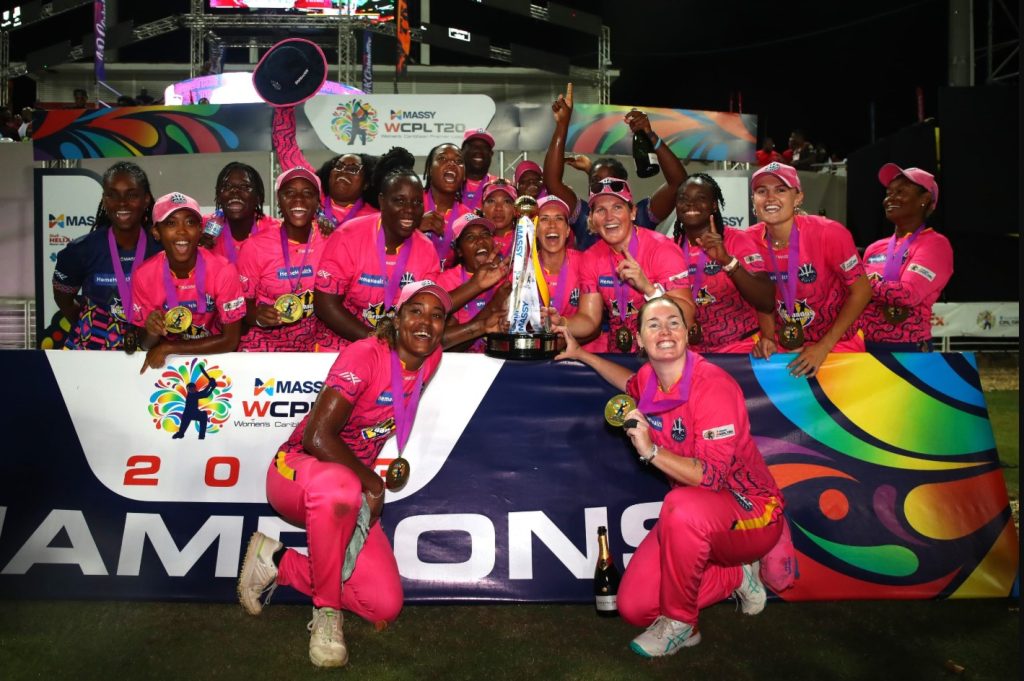
Salary Of CPL Players: The salary structure of CPL players is multifaceted, reflecting the competitive nature of the league and the various roles players take on within their teams. Top-tier international cricketers can earn substantial amounts, often in the range of $100,000 to $200,000 USD, while emerging and uncapped players typically earn less, with salaries ranging from $5,000 to $40,000 USD. The overall salary cap system in place ensures that teams can balance their rosters with a combination of high-performing internationals and rising domestic stars, leading to a more exciting and competitive tournament.
Salary Of CPL Players: The CPL is not only a platform for established cricketers but also a breeding ground for young talent, with opportunities for players to grow both financially and professionally. As the league continues to expand and develop, the salaries of CPL players will likely increase, providing greater financial rewards and recognition for their efforts on the field.



